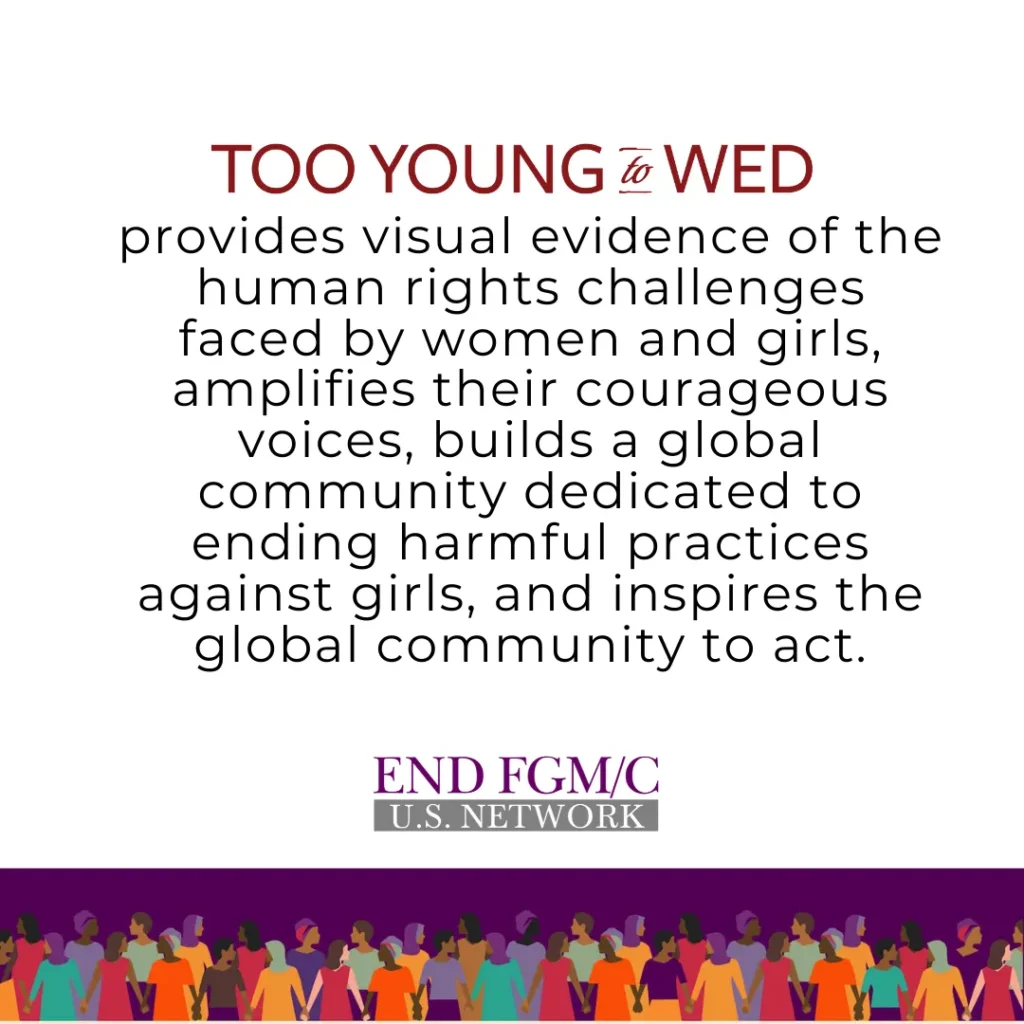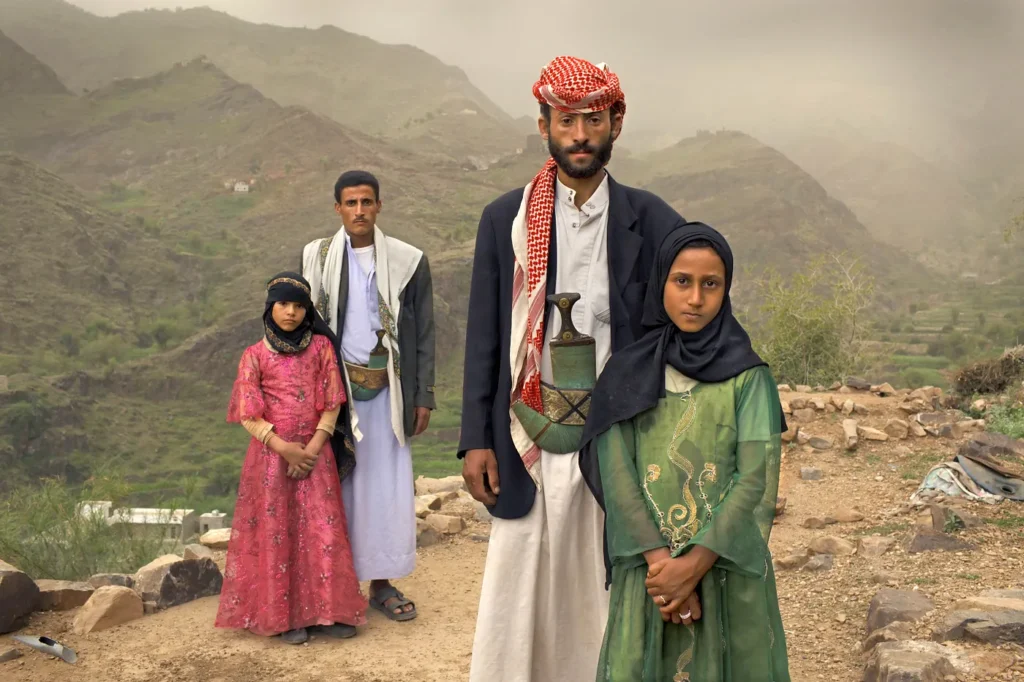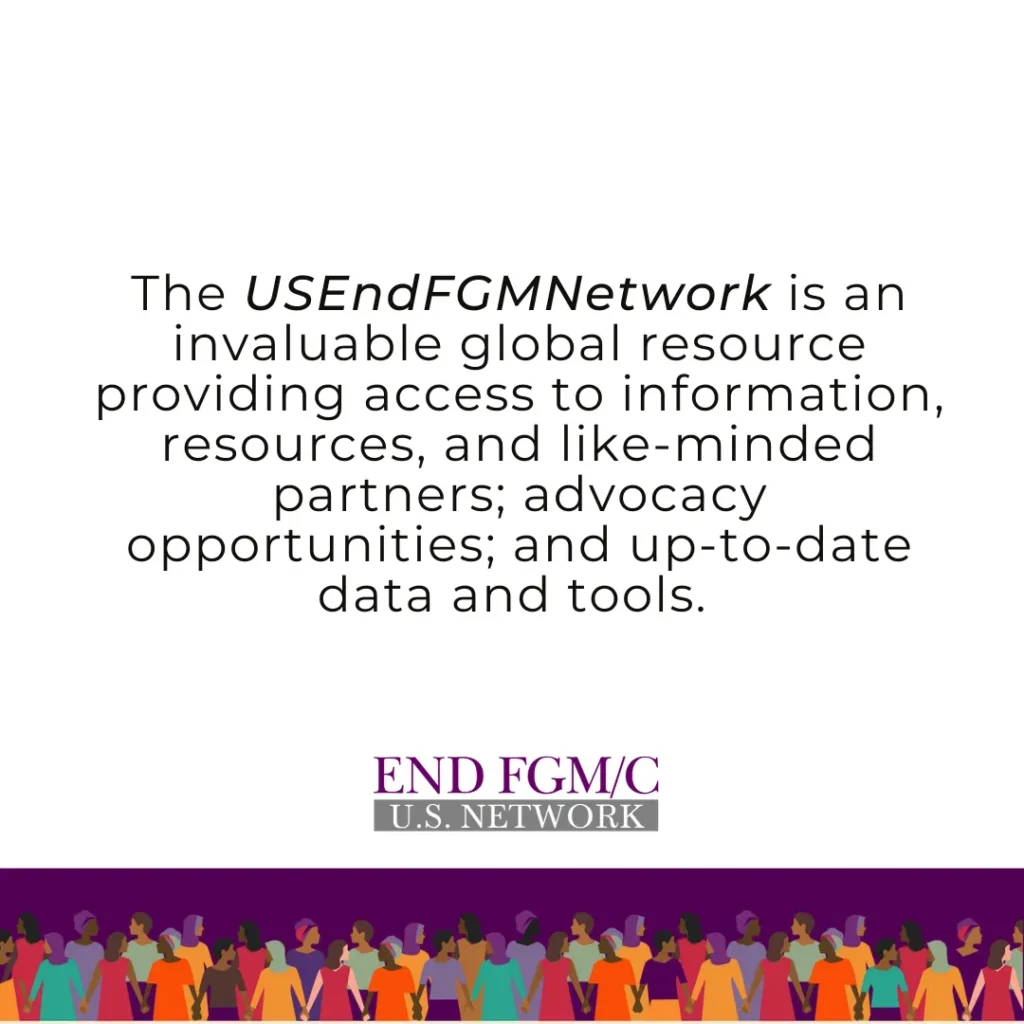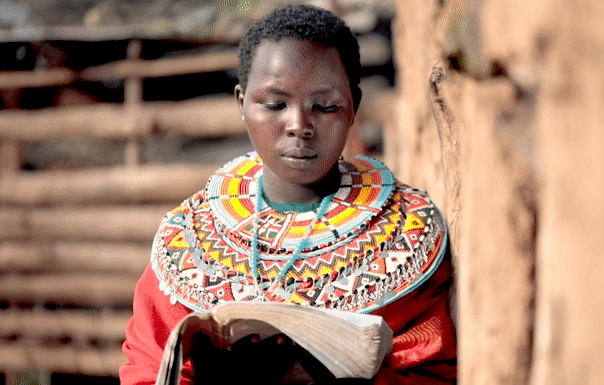Member Highlight: Too Young To Wed
Posted: August 05. 2021
Learn more about the work that TYTW is doing to end child marriage internationally.
Tell us about you/your organization.
Led by renowned Pulitzer Prize-winning photojournalist and activist Stephanie Sinclair, Too Young to Wed (TYTW) is a nonprofit organization that envisions a world where every girl can decide for herself, if, when and whom to marry; where adolescent girls are free to be children and teens with access to healthcare and all levels of education; and where all girls are free to determine the course of their own lives. To this end, TYTW’s mission is to empower girls and end child marriage globally.
TYTW traces its official launch back to October 11, 2012 — the first International Day of the Girl Child. Dignitaries from around the world gathered at the United Nations (UN) in New York and, surrounded by photographs of child brides as young as 5, pledged to do whatever it took to end child marriage. Three years later, TYTW’s international traveling photography exhibition on child marriage would serve as the backdrop for historic global policy decisions, ultimately helping to yield UN Sustainable Development Goal (SDG) 5.3 which aims to “eliminate all harmful practices, such as child, early, and forced marriage.”

How is your organization working to end female genital mutilation globally?
Through powerful storytelling, TYTW provides visual evidence of the human rights challenges faced by women and girls, amplifies their courageous voices, builds a global community dedicated to ending harmful practices against girls, and inspires the global community to act.
TYTW runs field relief programs in areas where child marriage and female genital mutilation (FGM), a precursor practice, are most egregious and underreported. TYTW takes a multi-sectoral approach to our field programs, supporting the whole girl regardless of where she is in her journey toward safety and independence. This work can take the form of amplifying girls’ voices through original reporting, protective housing and community reconciliation for survivors, empowerment / art therapy retreats, school breakfasts to keep girls safe, rehabilitative recreation, girls’ mentorship groups, multi-year leadership scholarships, vocational assistance, and emergency humanitarian assistance.
In partnership with Canon USA, TYTW presented our inaugural Emerging Photographers Fellowship Award to Somaya Abdelrahman, whose notable body of work, “A Permanent Wound,” visually explores her own experiences surviving FGM at 10 years old. The Emerging Photographers Fellowship program provides a multifaceted suite of support to emerging local photographers in areas of deep gender disparity, whose original reporting covers gender-based violence against women and girls.
As part of TYTW’s COVID-19 response measures, our team in Kenya helped mobilize emergency intervention measures to halt planned mass FGM ceremonies, suspected precursor practices to spiking rates of child marriages due to anticipated financial impact of COVID-19 to families. TYTW works with local authorities such as Kenya’s national Anti-FGM Board and Gender Department in order to ensure coordination of services.

What are the challenges and opportunities in trying to end female genital mutilation?
FGM is a reproductive health concern and a human rights violation that has devastating short and long-term impacts on the lives of women and girls. The harmful practice is linked to obstetric complications and gynecological problems, as well as long-term negative effects on women’s wellbeing. Historically excluded girls who undergo FGM are also often denied the opportunity to pursue an education and contribute economically to their communities; therefore, continuing the cycle of poverty. When vulnerable households are squeezed amid intense resource pressure as we have seen during the pandemic, underage girls are often married off to much older men as a way to provide for their necessities and relieve an economic burden. These patterns become exacerbated when girls are out of school for prolonged periods of time, and especially amid prevalent lockdowns and school closures.
Longstanding and prevalent gender norms tie the perceived value of girls to their domestic, reproductive, and sexual contributions to their households, and remain a challenge. However, opportunities in ending harmful practices, like FGM, abound in the incredible girls who are engaging courageously in advocacy, personal storytelling, documentation and reporting of abuses, and who are working to transform gender norms in their own networks and circles and on their own terms.

How is the network helping you to achieve these goals and why is it important to be in the network?
The U.S. End FGM/C Network is an invaluable global resource providing access to information, resources, and like-minded partners; advocacy opportunities; and up-to-date data and tools. It is vital for like-minded actors to join together and pool global resources in order to equip girls to transform and redefine gender norms and expectations.
We can end female genital mutilation globally because girls’ rights are human rights, and all girls deserve to have their rights to bodily autonomy and self-determination safeguarded.

Follow TYTW on Instagram, Twitter, Facebook and LinkedIn to get the latest updates on their work to empower girls and end child marriage globally.
